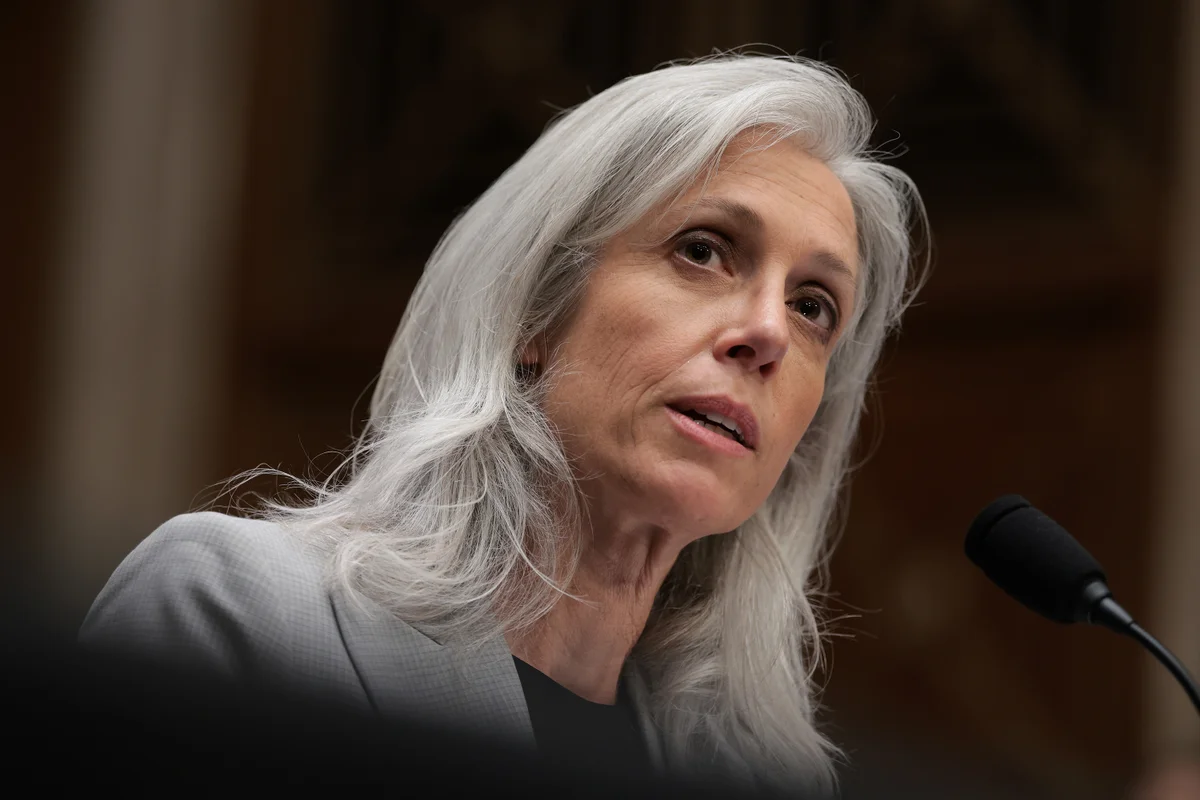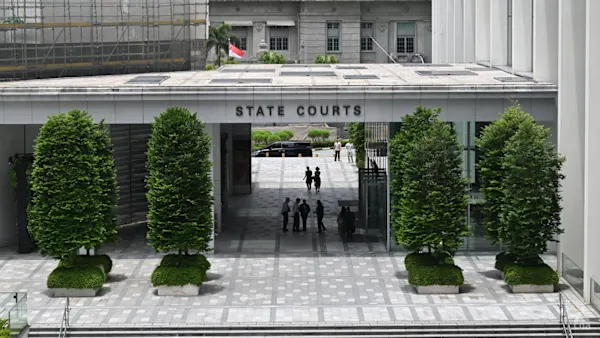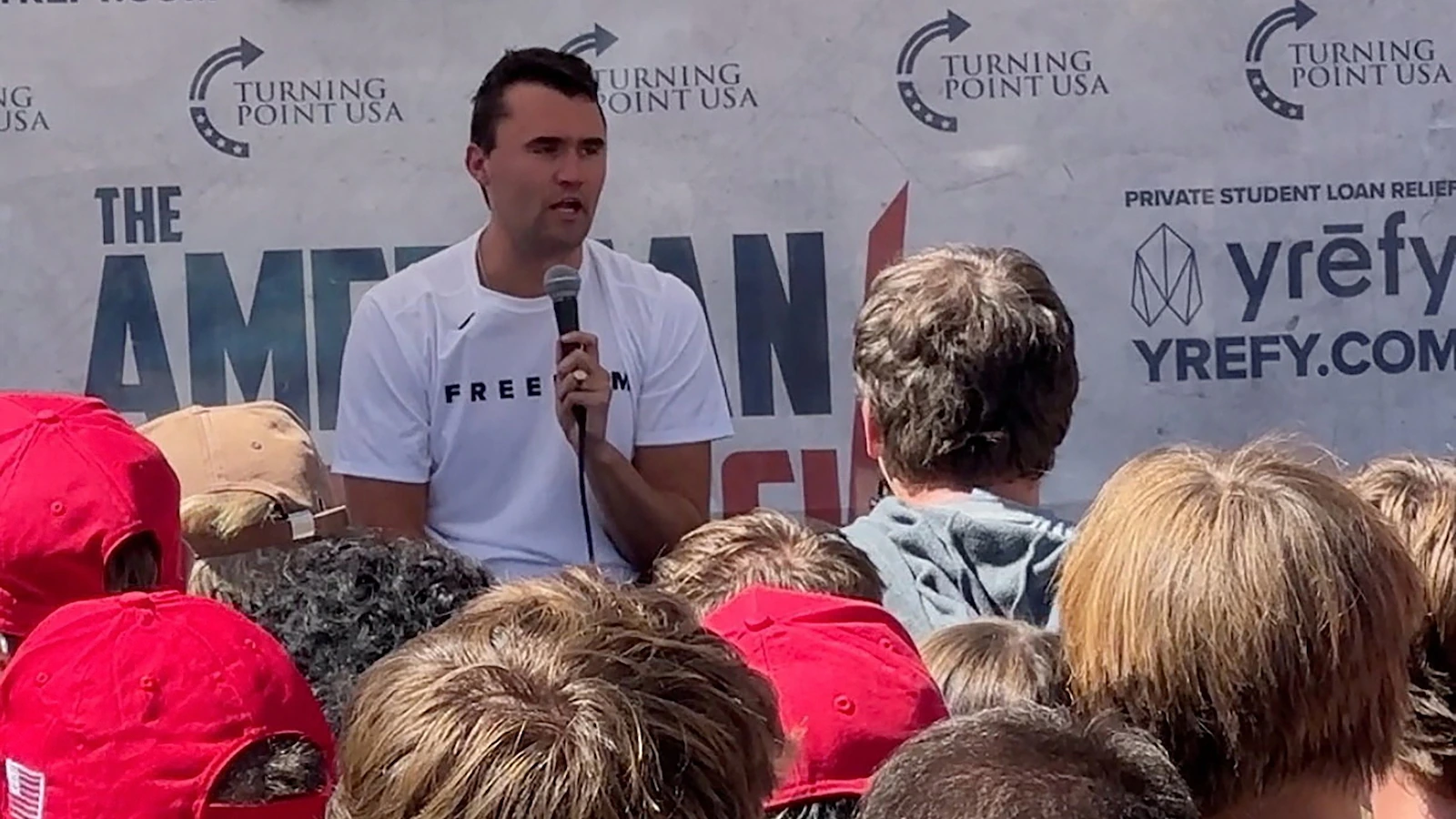
At a U.S. Senate hearing on Wednesday, Susan Monarez, the recently fired director of the Centers for Disease Control and Prevention, said that her erstwhile boss, Secretary of Health and Human Services Robert F. Kennedy, Jr., worked to undermine vaccines and the integrity of her agency—implying that this threatened the safety of the U.S. public.
At the hearing, Monarez spoke about her termination in August, after a month on the job as CDC chief. “I had refused to commit to approving vaccine recommendations without evidence [or] fire career officials without cause,” she told senators. “I would not commit to that, and I believe it is the true reason I was fired.”
Monarez testified that Kennedy told her that he intended to change the childhood vaccine schedule in September, and she claimed he had the support of President Donald Trump to enforce sweeping changes to health policy. He asked her to preapprove, without seeing any evidence, vaccine recommendations from a revamped CDC vaccine advisory panel that Kennedy had filled with antivaccination-leaning members. He had also demanded that she fire certain key CDC scientists.
On supporting science journalism
If you’re enjoying this article, consider supporting our award-winning journalism by subscribing. By purchasing a subscription you are helping to ensure the future of impactful stories about the discoveries and ideas shaping our world today.
The Senate hearing was called to follow up on Kennedy’s previous testimony on September 4, in which he responded harshly to questions from lawmakers of both parties about the evidence behind confusing changes to U.S. vaccine policy. Public health groups, including the American Public Health Association and the American Academy of Allergy, Asthma & Immunology, have called for Kennedy to resign.
“Turmoil at the top of the nations’ top public health agency is not good for the health of the American people,” said Senator Bill Cassidy of Louisiana at Wednesday’s hearing. Cassidy, a physician, is chair of the Senate Committee on Health, Education, Labor and Pensions committee, which held the hearing.
Other top CDC officials resigned following Monarez’s firing, including the agency’s then deputy director, Debra Houry, who also testified at the Wednesday hearing. “Secretary Kennedy censored CDC science, politicized its processes and stripped leaders of independence,” she said at the hearing. She noted the recent outbreak of measles and flu deaths in unvaccinated or undervaccinated children as pointing to risks ahead. Monarez and CDC leaders, she said, “were reduced to rubber stamps, supporting policies not based in science and putting American lives at risk.”
In response, a statement from the Department of Health and Human Services that was sent to Scientific American by agency press secretary Emily Hilliard said Monarez’s remarks had “factual inaccuracies” and claimed that “she acted maliciously to undermine the President’s agenda and was fired as a result.” Monarez had neglected to implement Trump’s executive orders and made policy and personnel decisions without political approval from Kennedy or the White House, according to the statement.
“We’ve never seen anything like this before in public health. This is totally unacceptable,” says Georges Benjamin, executive director of the American Public Health Association. “The administration has totally lost its credibility,” he says. “People will die. People will suffer.”
“We now have an HHS secretary who does not believe in established science and who listens to conspiracy theorists,” said Senator Bernie Sanders of Vermont in opening remarks at the hearing.
In August Kennedy announced in a post on X that the Food and Drug Administration had approved the updated 2025–2026 COVID vaccines with new restrictions. The updated vaccines are approved only for adults aged 65 or older and those with a preexisting condition that would increase the risk of severe infection. The resulting confusion and disagreement have led some states and physician groups to release their own COVID vaccine recommendations to ensure larger access.
Monarez’s testimony came one day before the CDC’s remade vaccine advisory panel was set to meet to vote on U.S. vaccine recommendations. Panel members will vote on recommendations for vaccines for measles, mumps rubella and varicella and for hepatitis B vaccines on Thursday and on recommendations for the COVID vaccines on Friday.
Kennedy had fired all 17 experts on the panel in June. He has since named 13 handpicked members, and antivaccination activists are among them. Five of those members, none of whom are immunologists or vaccine experts, were only officially named on Monday. Insurers, broadly, don’t have to pay for vaccines that the panel doesn’t recommend, making the members’ votes integral to public health. America’s Health Insurance Plans (AHIP), the national trade association representing the health insurance industry, announced on Wednesday that private health insurance plans will continue to fully cover all vaccinations that ACIP had recommended as of September 1 through the end of 2026. This move could preemptively sidestep votes that will occur at this week’s ACIP meeting.



